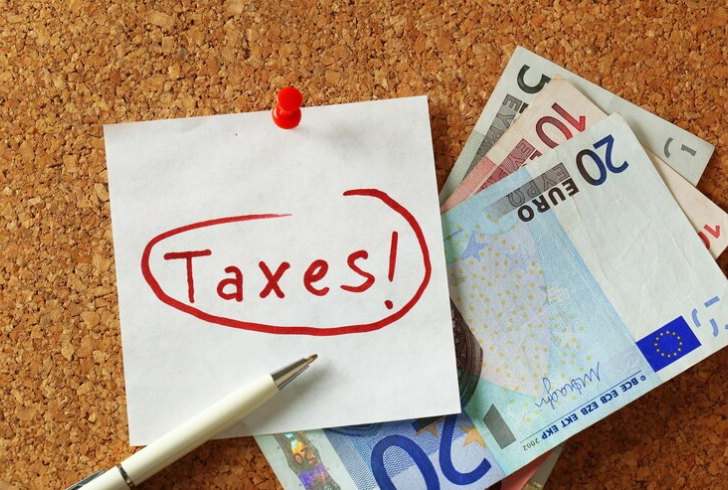In a decisive move toward fiscal responsibility, France’s Finance Minister Antoine Armand has assured that the France 2025 budget will fully adhere to the European Union’s updated spending regulations. This commitment comes at a critical time as the nation grapples with substantial debt levels and seeks to implement effective strategies through spending reductions and new taxation measures.
With a clear focus on enhancing France’s economic sovereignty, the government aims to significantly lower its public deficit.
Aims of the France 2025 Budget
The newly appointed minister will unveil the national budget on Thursday, designed to tackle the country’s “colossal” debt. Armand articulated the importance of crafting a budget that not only meets EU standards but also promotes the nation’s economic stability. He remarked, “This budget reflects our determination to enhance France’s financial autonomy and credibility on the international stage.”

Key Goals for Financial Recovery
France is targeting reducing its public sector deficit to five percent of its Gross Domestic Product (GDP) in the upcoming year. The current estimate stands at approximately 6.1 percent, making this goal ambitious but essential for financial recovery. As part of this initiative, the government is looking to secure around 60 billion euros (approximately $66 billion) in savings and revenue increases.
1. Public Deficit Target – Reduce from 6.1% to 5% of GDP in 2025.
2. Long-term Goal – Bring the deficit below the EU’s three percent threshold by 2029.
3. Financial Strategy – Implement spending cuts and new taxes to achieve these targets.
Armand emphasized the significance of adhering to EU regulations, stating, “Upholding these rules is vital for maintaining our international credibility and securing our economic future.” His determination to meet these standards reflects an understanding of the broader implications of France’s fiscal policies within the EU framework.
Challenges Ahead
Despite these optimistic projections, France has faced criticism for previously failing to comply with EU budgetary rules. In July, the European Commission initiated formal proceedings against France for exceeding the deficit limit. Following snap elections, the country was granted additional time to present a comprehensive plan to rectify its fiscal standing. This proactive approach will be essential for regaining trust and ensuring future financial stability.
Armand’s predecessor, Bruno Le Maire, had initially promised to achieve a similar deficit reduction by 2027. However, the current administration is now extending this deadline to 2029. “We have a clear mandate from the Prime Minister to prioritize France’s economic interests while respecting our commitments to the EU,” Armand noted, reinforcing the government’s resolve to create a more sustainable financial future.
A Call for Collaboration

As part of this initiative, Armand will be attending a meeting with his eurozone counterparts in Luxembourg, where he plans to outline France’s financial strategies and objectives. This collaboration is essential, as shared economic stability benefits all member nations.
His upcoming presentation is anticipated to focus on:
1. Prioritizing fiscal responsibility.
2. Encouraging cooperation among EU members.
3. Promoting sustainable economic growth.
This shift in focus not only aims to address immediate budgetary concerns but also emphasizes the long-term importance of financial governance in Europe.
The Future of France’s Economy
The France 2025 budget represents a pivotal moment for the country, as it seeks to align its fiscal strategies with EU expectations while managing a substantial national debt. The emphasis on spending cuts, tax reforms, and compliance with EU regulations signals a significant shift in France’s approach to economic governance.
By fostering collaboration within the eurozone and maintaining a commitment to fiscal responsibility, France is poised to enhance its financial standing both domestically and internationally. As the budget presentation approaches, all eyes will be on the government’s strategies and how they will impact the nation’s economic future.
